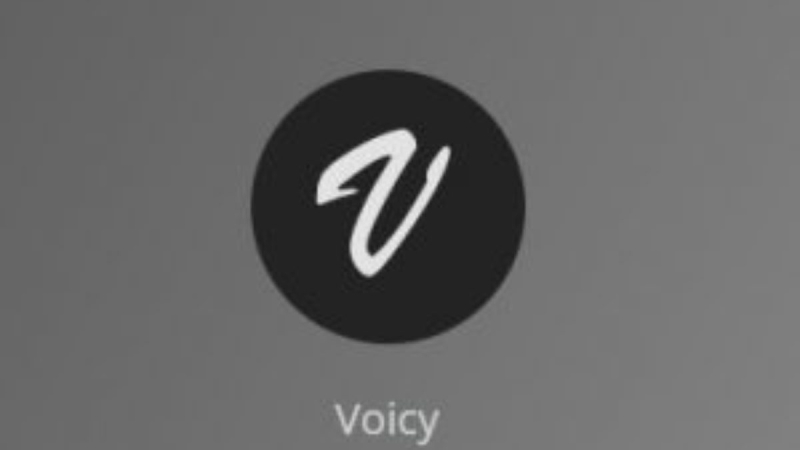Table of Contents
Voicy
Voicy If meme stocks can be a thing, what’s stopping sharing audio memes from going viral? The Voicy, a Dutch startup that builds a platform for user-generated audio snippets (usually a few seconds), offers tools to create. emotional samples to share reactions to liven up your messages/broadcasts.
It’s not hard to predict where this idea is headed: straight into fart sound effects and pwning troll clips, which indeed abound on this fledgling platform for user-generated audio (or, well, , sampled). Great audio memes, anyone?
Other viral noises are available. Clips from Borat, for example, or sounds from Squid Game. Plus a cacophony of overzealous internet memes in audio form. John Oliver shouting “GOOGÉALA!” repeatedly, or Epic Sax Guy’s epic saxophone, and so on.
The typical Voicy user is, unsurprisingly, young and happy, according to the startup, which sees gamer voice chat as a key target for a pipeline of social integrations it hopes to develop. So far it has integration with the messaging app, Viber, but offers a “simple universal API” to encourage other platforms to sign up.
“We want to create a new way for people to express themselves creatively in the way they communicate. In areas like games, where communicating with images or text doesn’t work as well, there’s a huge gap for the audio to really enhance the experience,” co-founders Xander Kanon, Joey de Kruis, and Milan Kokir suggest via email.
Voicy Wants To Pwn Gamers With Audio Memes
“As we’ve seen with memes and GIFs, people like to create their own very creative content. Audio has the ability to have the same, if not more, impact on modern communications. We’ve seen everything from instant chat to emoticons and GIFs that people all over the world want to experiment with and have fun with the way they communicate – it’s one of the things we all have in common. On top of that, the competition between apps and platforms is huge and all of them are working hard to make their offer more attractive, fun and engaging. This is where Voicy comes in.”
“From the ground up, we built our platform to give users the express ability to create,” they add. “Our technology directly serves this purpose through an open source content approach, with moderately layered protections.

With integrations, our goal has been to connect our platform to other platforms and give users greater accessibility to share content. With the addition of the public API, more integrations and a strong foundation within the platform, we believe our impact can be exponential.”
The platform fully launched in October 2020, according to the founders, and they’ve increased usage to 1.1 million monthly active users at this point (although that includes usage via Viber, not just the ears that use on your own platform).
Voicy Consumer-Focused Product
What about copyright risks? How do you handle this problem? Voicy does not currently license any audio content, but the founders suggest they may in the future. For now, they rely on fair use to recirculate samples (plus, their platform supports a DCMA notice and takedown procedure). They say they also use a third-party service to prevent copyrighted samples from being routed to the third-party platforms they integrate with.
While it’s still early days for such a consumer-centric product to focus on monetization, the team says they’re building Voicy as a marketplace and ultimately intend to focus on the needs of the community of creators.

However, we believe our long-term opportunity lies in enabling creators to monetize their content,” they told TechCrunch. “As the economy for creators continues to grow at a rapid pace, we offer them a platform to create, clip, distribute, earn and build a community around their sonic identity. With an extensive network and platform as the ultimate destination to consume and interact with sounds and sound creators, Voicy can monetize its library and integrations. Voicy can bring a lot of value from both the supply side and the demand side. »
However, specifically, our business model will focus on sub-licensing clips and provide additional premium features for creators to do what they do best: create content. Moreover, content may be sub-licensed to integration partners, fans, other creators and premium consumers.


